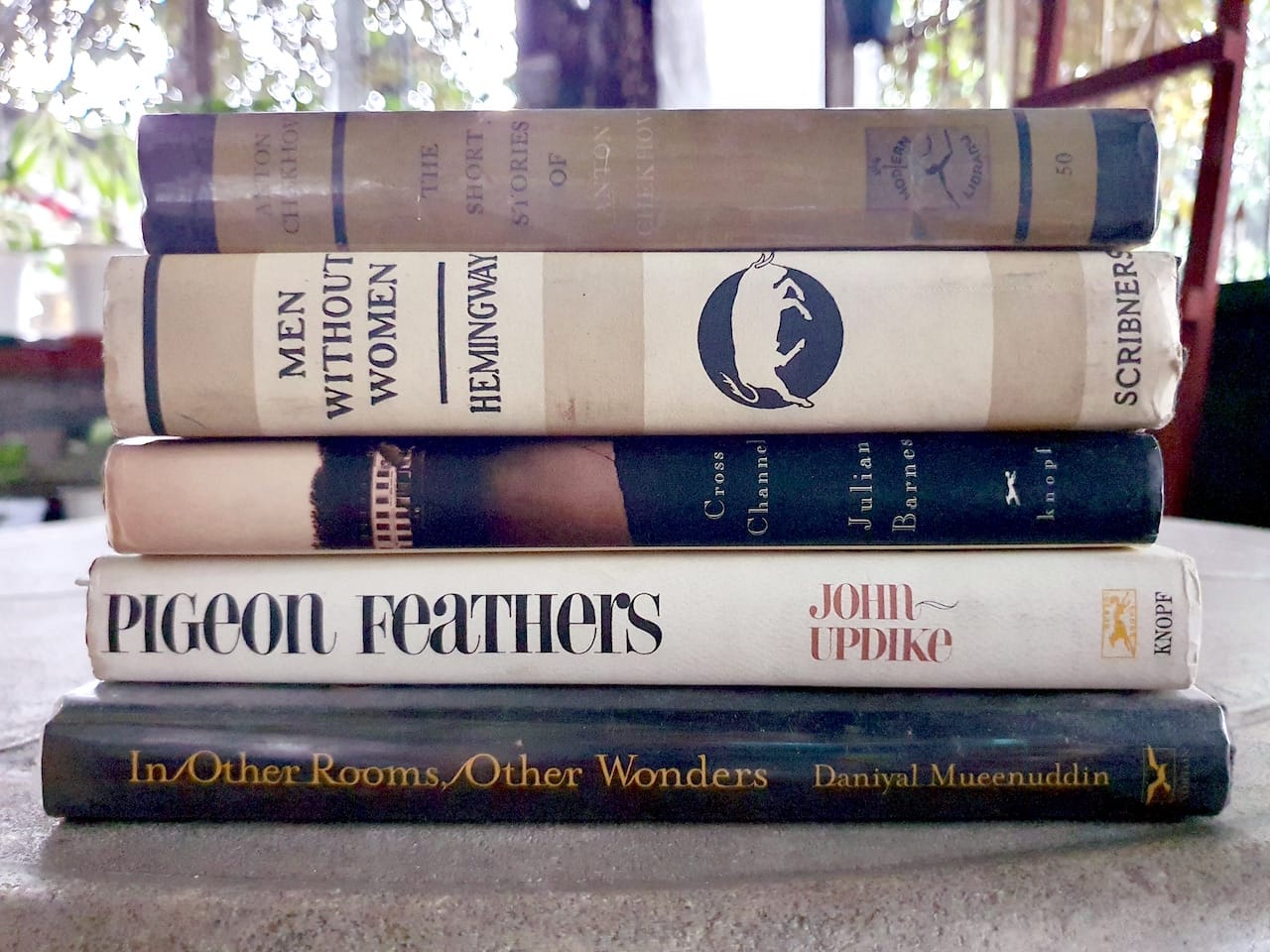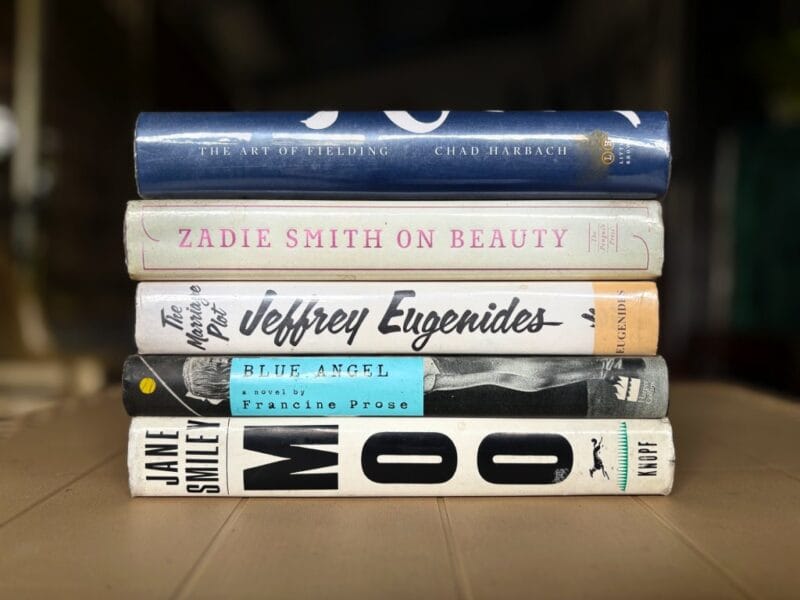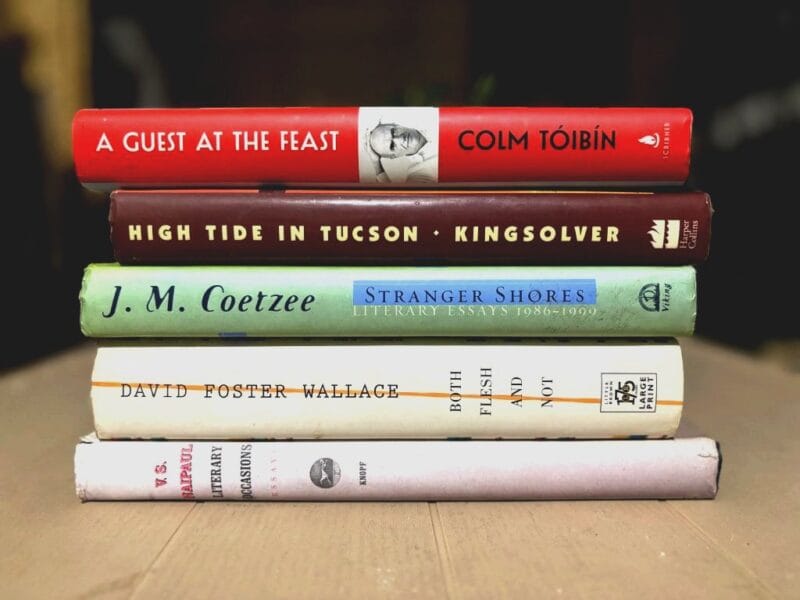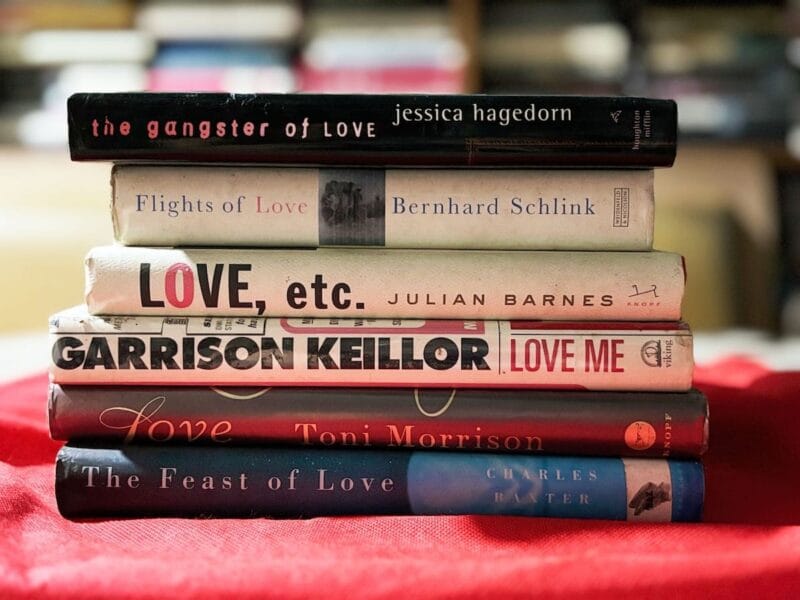The Short Stories of Anton Chekhov (1959)
Chekhov wrote short stories, plays, and novellas, but is best-known for his short stories. His most renowned stories are “The Lady with the Dog (1899)”, “Ward No. 6 (1892)”, “The Black Monk (1894)”, “The Lottery Ticket (1887)”, and “About Love (1898)”.
The overall theme of Anton Chekhov’s short stories is the struggle of the individual to free themselves from society’s conventions, limitations, and expectations. Events that challenge the beliefs and worldviews of protagonists often lead to their disillusionment, which usually occurs at the end of a story. His short stories are full of references to the fact that those who are wealthy, well-off, and oppressed can only be happy if their plight goes unnoticed by the rest of society.
Men Without Women by Ernest Hemingway
Men without Women (1927) by Ernest Hemingway is a collection of short stories that are centered around men who have failed in some way. The title, Men without Women, comes from one of the short stories in the book, “Hills Like White Elephants”. The man in this story is trying to convince her female companion to get an abortion while they are drinking liquor at a train station. This story and the rest in the collection set the stage for the themes that would dominate the overall theme of the book: war casualties, complicated relationships between men and women, and sportsmanship particularly bullfighting.
Cross Channel by Julian Barnes
This is Barnes’ first collection of short stories. Cross Channel (1996) explores with finesse and nuance the cultural and personality differences that separate England and France. As the title suggests, these ten stories depict the manners, prejudices, and historical perspectives of Brits visiting or living in France. Each of these stories examines the strange and persistent attraction between these two countries and the often ambiguous results of their intertwined histories.
Pigeon Feathers by John Updike
Pigeon Feathers is a 1962 collection of John Updike’s early short stories. The title story is about 14-year-old David Kern’s religious doubts, death phobia, and triumphant return to faith after receiving an “unexpected gift” while shooting pigeons in a barn. Other stories anthologized are “Wife-wooing,” “The Crow in the Woods,” and “A&P.” In these stories, Updike sought to capture the overlooked or unexpected beauty of life’s small details and unexpected gifts.
In Other Rooms, Other Wonders by Daniyal Mueenuddin
This book’s eight interconnected stories follow the wealthy Harouni family and their employees. In In Other Rooms, Other Wonders (2009), people’s social status and expectations are understood without explanation in the stories, and class and poverty are shown to influence any decision made at a critical moment in the lives of the characters. Mueenuddin’s talent allows us to see the world’s beauty, and corruption in all its ugliness.
Related Readings
The best short stories ever written by Penguin Random House UK
43 of the Most Iconic Short Stories in the English Language: From Washington Irving to Kristen Roupenian by Emily Temple, Literary Hub
The world at an angle: reasons to love short stories by Daisy Johnson, The Guardian
Be Honest, You Prefer Short Stories to Novels by Alexander Abad-Santos, The Atlantic




